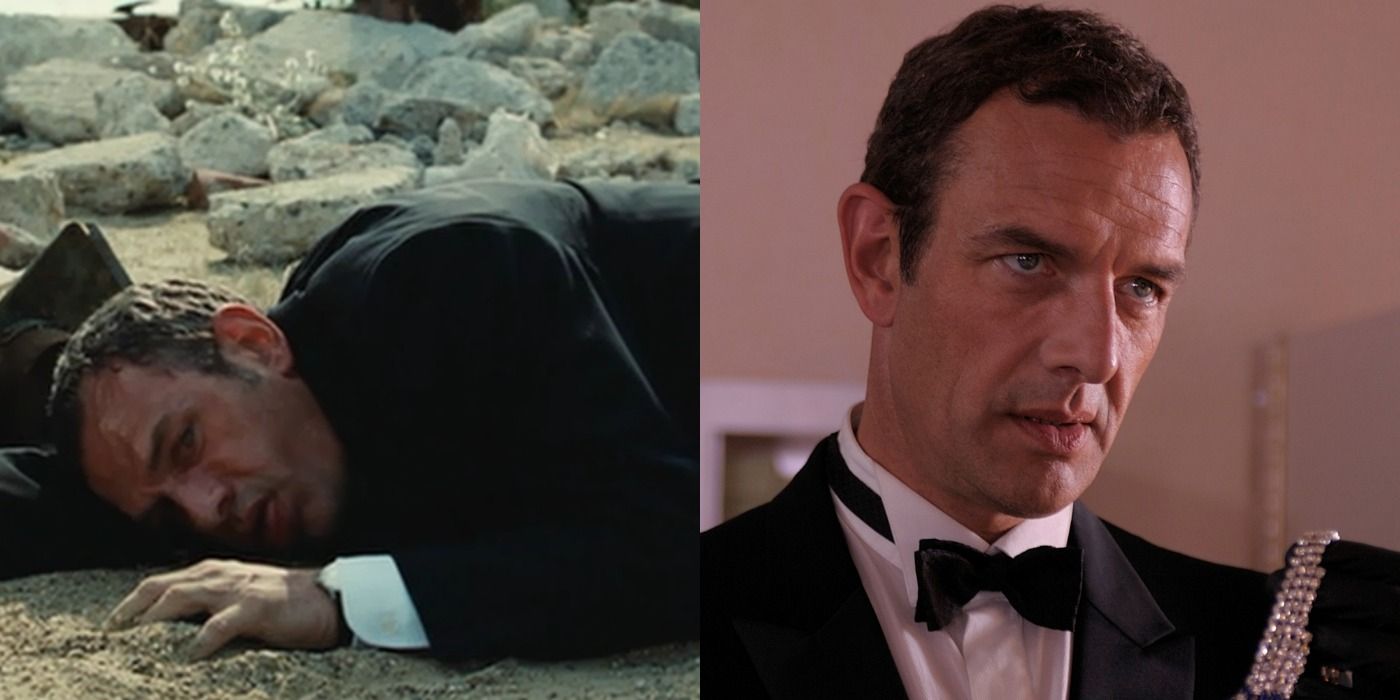
- #Da vinci code movie actors movie#
- #Da vinci code movie actors code#
- #Da vinci code movie actors series#
The film also earnestly creates a dramatic moment out of Robert glacially spelling out the word “apple,” which is memorable for all of the wrong reasons.
#Da vinci code movie actors code#
The film’s fixation on shoddy dialogue means that too much of The Da Vinci Code is dedicated to awkward beats, like the scene in which Sophie (Tautou) explains what a cryptex is and receives a turgid comedic follow-up line from Robert (Hanks) about how a lady like Sophie knows so much about cryptexes.
#Da vinci code movie actors movie#
The Da Vinci Code embodies the filmmaking sin of telling and not showing, a movie where great actors are utilized only to give rigid TED Talks about the lore of this fictitious universe. No peculiar sight or big historical revelation can occur without characters spending minutes droning on about the grander significance of these events. Instead, it suffocates the audience with exposition for its entire runtime. Unfortunately, the film isn’t interested in the kind of fun that defined the Indiana Jones or National Treasure movies.
#Da vinci code movie actors series#
RELATED: First Trailer for 'The Lost Symbol' Peacock Series Shows a Young Robert Langdon Solving Riddles Dazzle the moviegoer, and clumsy plot structures or weird character beats will be forgotten. The best entries in this genre have a spirited quality to them that understands audiences are willing to forgive some truly ludicrous things as what’s happening onscreen is fun and exciting. Then again, any director would have struggled to inject excitement into Goldsman’s adaptation, which struggles to understand what’s supposed to make treasure-hunting thrillers work.

Consequently, there aren’t many inspired decisions being made onscreen, with Howard’s direction feeling like it’s mostly on autopilot. The quality of his films seems to depend largely on the quality of their scripts, and Goldsman’s script isn’t much more imaginative than the Cliff’s Notes of Brown’s novel. Howard is a veteran filmmaker responsible for many classic movies, but he has had just as many misses. The Da Vinci Code’s misguided execution begins with a dubious choice in its director. Despite some prerelease concerns over whether religious groups would find the film sacrilegious, the real concern should have been whether it would put people to sleep in their chairs. The book’s diminished legacy can arguably be attributed to a number of factors (it has faced intense criticism for its historical inaccuracies and its fast-and-loose representation of Christian theology, among other things), but the shortcomings of The Da Vinci Code can be boiled down to a single criticism: it’s a snoozefest, the absolute worst thing a mystery thriller can be. Moreover, the movie faded into obscurity almost immediately, despite the global success of Brown’s novel. Throwing enough big names into the production and hoping it all came together in the end definitely got them their money’s worth (the movie grossed well over half a billion dollars), but critics weren’t particularly kind to it. The producers of The Da Vinci Code seemingly approached the adaptation under the impression that altering even one word of the dizzyingly popular source novel would jeopardize the film’s box office receipts. But Goldsman’s script slavishly preserves Brown’s source material to the point of crafting a mystery thriller overstuffed with stretches of pseudo-historical exposition that are exciting to read in a beach novel but make for an interminably dull movie. Directed by Oscar-winning filmmaker Ron Howard from a screenplay by blockbuster veteran Akiva Goldsman, the movie seemed like a recipe for a surefire hit. Released 15 years ago this month, the 2006 film adaptation of The Da Vinci Code is brimming with talent, including an all-star cast featuring Tom Hanks, Audrey Tautou, Sir Ian McKellen, Paul Bettany, and Alfred Molina. To give you an idea of its pop culture saturation, the only book that outsold it in 2003 was the fifth Harry Potter novel. Selling over 80 million copies translated into dozens of different languages, the book was almost impossible to avoid.


The Da Vinci Code, the bestselling treasure-hunting mystery thriller by Dan Brown, was a legitimate phenomenon.


 0 kommentar(er)
0 kommentar(er)
